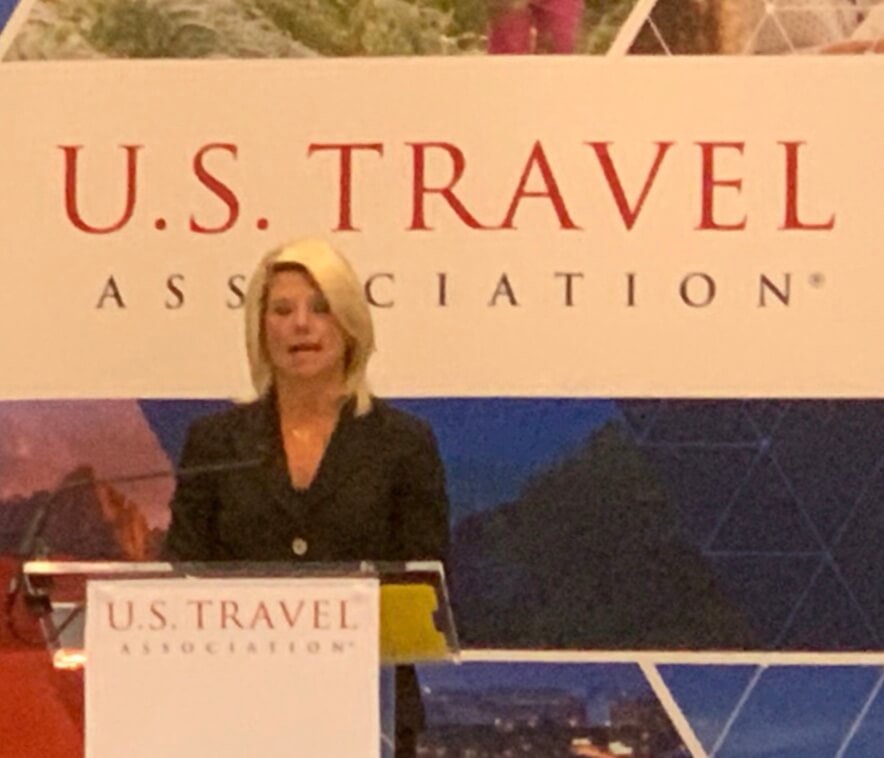Overall travel to and within the U.S. grew 3.0% in April, including an expected 5.6% recovery surge in year-over-year international travel due to the timing of the Easter holiday.
But the predictive Leading Travel Index—which has proven to be an accurate forecast of official U.S. government arrivals data—warns that the one-month international figure is a flash in the pan, and growth of the inbound market will slow to an anemic 0.8% through October.
The data fuels worries that the U.S. continues to miss out on robust growth of the lucrative and competitive global travel market. Long-haul arrivals to the U.S. grew at half the pace of the international market worldwide in 2018—3.5% versus 7.0%.
“Long-haul visitors to the U.S. are solid economic gold, spending more than $4,000 per person, per trip while consuming virtually no public services,” said U.S. Travel Association Senior Vice President for Research David Huether. “Those valuable travelers are taking trips in the strongest numbers ever, but there is more the U.S. should be doing to compete for their business.”
The TTI data arrives while much of the U.S. travel industry is gathered here in Anaheim for IPW—U.S. Travel’s annual trade show and the event that is the single largest generator of international travel to the U.S.
possible to reach millions worldwide
Google News, Bing News, Yahoo News, 200+ publications
Huether pointed to existing proposals such as implementation of biometrics, expansion of the Visa Waiver Program and Customs Preclearance, and renewing the Brand USA marketing organization to help reverse the trend.
The TTI is prepared for U.S. Travel by the research firm Oxford Economics. The TTI is based on public and private sector source data which are subject to revision by the source agency. The TTI draws from: advance search and bookings data from ADARA and nSight; airline bookings data from the Airlines Reporting Corporation (ARC); IATA, OAG and other tabulations of international inbound travel to the U.S.; and hotel room demand data from STR.






